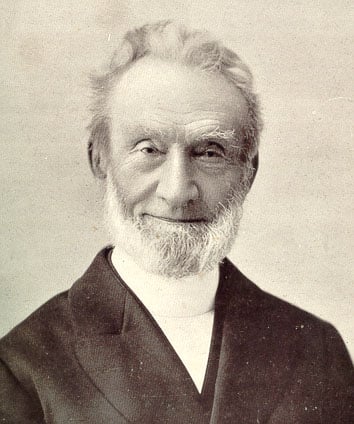Related Articles
Don’t George Muller Me: A Missionary’s Plea for Understanding
George Muller (1805-1898) is a model of faith for many. Moving from Prussia to Bristol, England, in 1832, Muller ministered as a pastor, started schools and orphanages, and sacrificed unceasingly for others. Many of the sins of his early life were associated with money. After conversion, however, a marked change occurred, and Muller developed several strong convictions about his own use of funds.
Some Thoughts on Missionary Burnout
I am a pleasure seeker seeking the joy of the Lord. I resonate with George Muller, who said that the first and primary business which he ought to attend to everyday was to have his soul happy in the Lord.
Welcoming the Stranger
Presenter: Matthew Soerens, US Director of Church Mobilization, World Relief Description: Refugee and immigration issues have dominated headlines globally recently. While many American Christians view these…
The Global Impact of George Verwer
By David Greenlee and Greg Kernaghan | George Verwer, founder of Operation Mobilisation, passed away on April 14, 2023. His impact in global missions reverberated far beyond the boundaries of OM. God used him to help shape its multicultural and multinational the future.
From Unhealthy Dependency To Local Sustainability
Presented by: Jean A. Johnson, Executive Director of Five Stones Global Description: It takes a great amount of intentionality to create a culture of dignity,…




